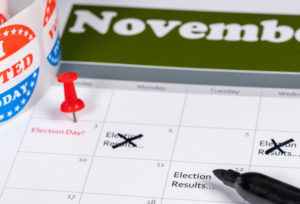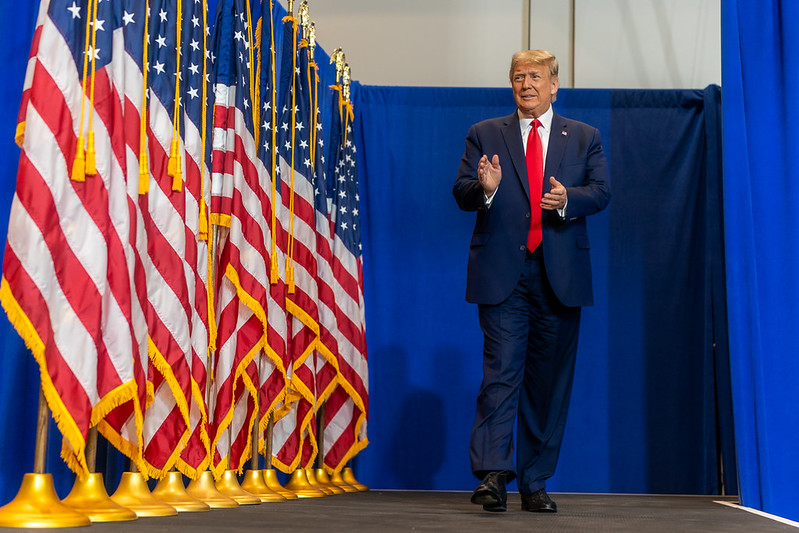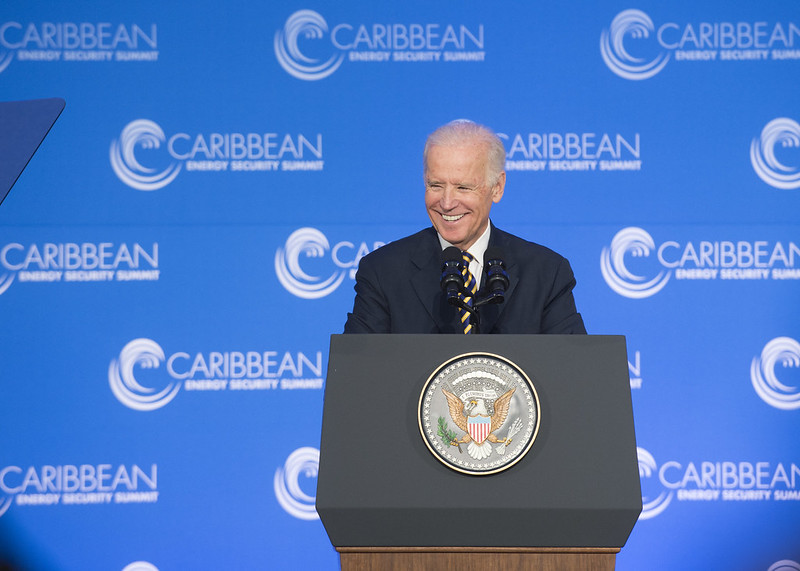
Originally posted on November 6, 2020.
At The Federalist, David Marcus explains the clear wording of Pennsylvania’s laws about late votes, and how the Supreme Court should uphold them. He writes (abridged):
The United States Constitution could not be clearer that state legislatures, not courts, make the laws that regulate how elections are held in each state.
That’s not happening right now in the battleground state of Pennsylvania, one of a handful of states that elect state Supreme Court justices in partisan elections.
The overtly political nature of the Pennsylvania Supreme Court, which is not only controlled by Democrats but heavily tied into the state party machine, is further reason why the U.S. Supreme Court should tamp down this obvious judicial activism.
The law as written could not have been clearer: votes received after Election Day should not be counted.
This is in no sense disenfranchisement, it is rather the normal functioning of the state legislature’s right to set election laws. Meanwhile, voters in the Keystone state had plenty of time to get their ballots in. Frankly, if a voter waited until the last minute and the ballot didn’t arrive on time, that is on them.
The U.S. Supreme Court must not punt on this vital issue this time around.
With so much potentially hanging on the result in Pennsylvania, the nation’s highest court should make clear that legislatures write voting laws, not courts. Pennsylvania has a Republican-controlled legislature but a Democratic mayor in Philadelphia, a Democratic governor, secretary of the commonwealth, attorney general, and yes, state Supreme Court. The U.S. Supreme Court needs to act this time, to protect the rule of law and the integrity of the presidential election from this blatantly unconstitutional abuse of power in Pennsylvania.
David Marcus is the Federalist’s New York Correspondent.
If you’re willing to fight for Main Street America, click here to sign up for my free weekly email.




